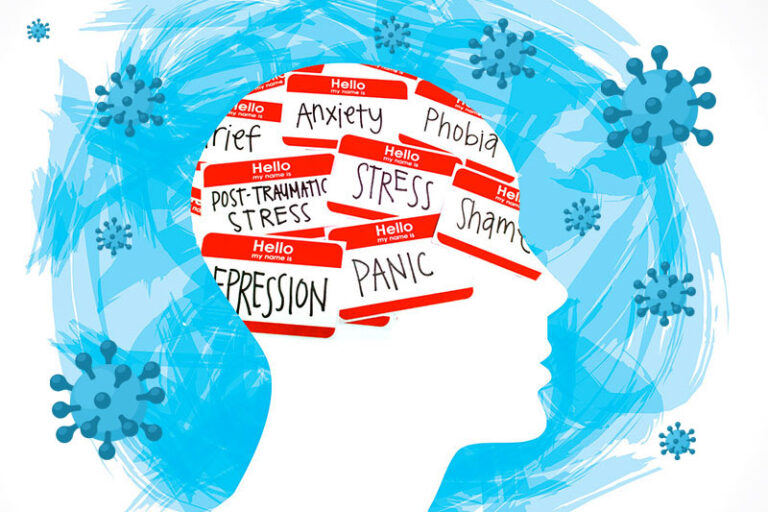- May is Mental Health Month, making it an opportune time to reflect on the unique challenges individuals face in the aftermath of the pandemic
- The Month provides an opportunity for communities to come together and offer support to those struggling with mental health challenges
As the world gradually emerges from the grips of the pandemic, many are finding themselves facing a new set of mental health challenges.

From the lingering effects of isolation to the uncertainties of the future, navigating mental well-being in this post-pandemic era requires a nuanced approach.
One aspect to consider is the impact of prolonged social isolation on individuals’ mental health.
For many, the sudden shift to remote work or learning meant limited face-to-face interactions and decreased social support.
Even as restrictions ease, some may find it difficult to reconnect with others or feel anxious about socializing again.
Follow our Facebook page for more updates:
Addressing these challenges may involve gradually reintegrating into social activities, seeking support from friends and family, and practicing self-compassion as individuals navigate their comfort levels.
Moreover, the pandemic has exacerbated existing mental health disparities, with certain groups disproportionately affected by the crisis.
Must Read:
1: Kimani Mbugua Sparks Concern Over Mental Health with Disturbing Video, Bizarre Claims
2: Scans Reveal How Covid May Change the Brain
Communities already facing systemic barriers, such as people of color, LGBTQ+ individuals, and those with lower socioeconomic status, may experience heightened levels of stress, anxiety, and trauma.
Recognizing these disparities and advocating for equitable access to mental health resources and support networks is essential in fostering a more inclusive and supportive post-pandemic society.
Follow our Facebook page for more updates:
Additionally, the uncertainty surrounding the future, both personally and globally, can take a toll on mental well-being.
Concerns about job security, financial stability, and the long-term effects of the pandemic may contribute to feelings of anxiety and overwhelm.
Follow our Facebook page for more updates:
In such times, practicing mindfulness, staying present in the moment, and focusing on what is within one’s control can help manage feelings of uncertainty and cultivate resilience.

